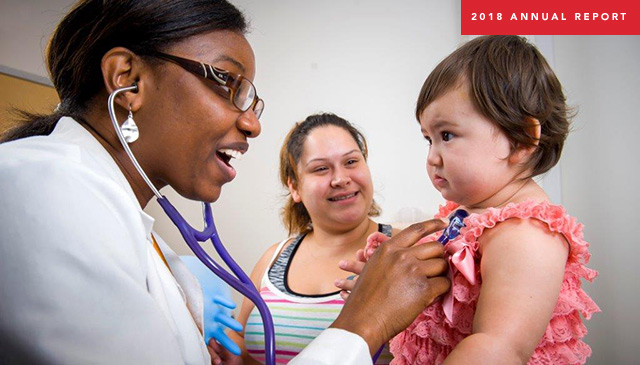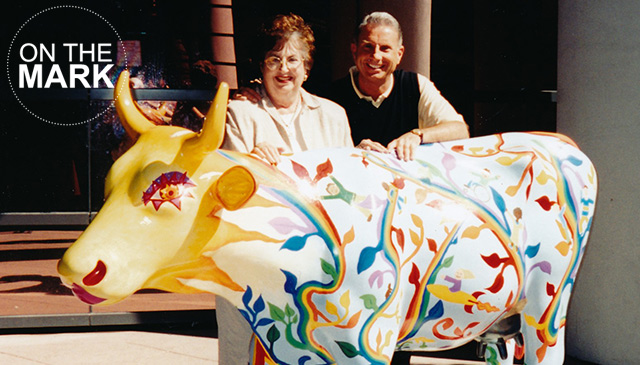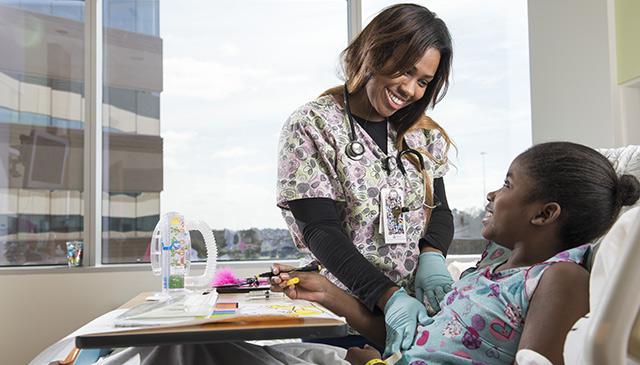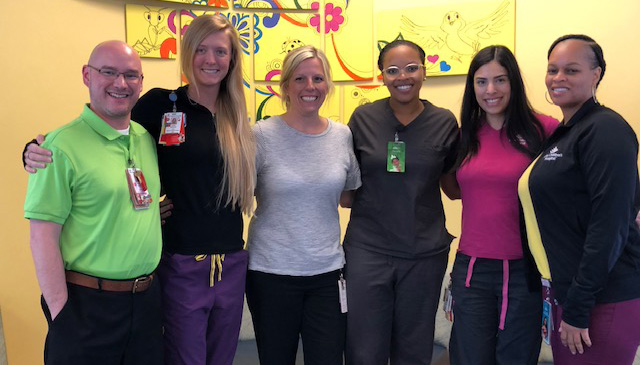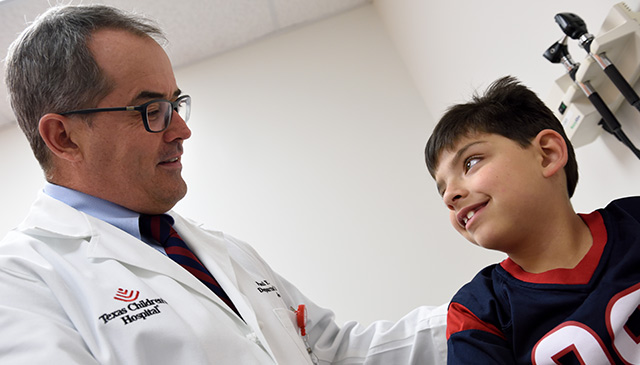This month’s episode of Medically Speaking features Texas Children’s Chief of Plastic Surgery Dr. Edward Buchanan speaking about Texas Children’s multidisciplinary approach to cleft lip and palate care. In his talk, Buchanan outlines the spectrum of cleft lip and palate presentations, from minor abnormalities to more severe structural issues. He also gives an overview of the steps along the patient’s and family’s therapy and treatment pathway, including:
- Prenatal counseling and diagnosis
- Best feeding practices
- Primary repairs and secondary procedures
- Final surgeries when the patient is 16 years or older
“Cleft lip and palate care at Texas Children’s is not fragmented,” says Buchanan. “This kind of care can’t be done effectively in a silo by just one person; it takes a team. Our experts follow the child through their entire care journey to make sure we’re optimizing outcomes and that we’re not missing any opportunities.”
Learn more about Texas Children’s expertise in our Cleft Lip and Palate Clinic and about the full suite of services provided by the Division of Plastic Surgery.
About Medically Speaking
Medically Speaking, a video series from Texas Children’s Service Line Marketing, features some of the brightest minds from several Texas Children’s specialty and subspecialty areas. The series is meant to be a helpful educational resource for parents and a convenient way for physicians and other caregivers to stay up-to-date on the latest in pediatric medicine. Viewers can watch talks on a variety of interesting topics, including advancements in surgery, breakthroughs in research, new clinical trials, and novel and back-practice treatments for specific conditions.
Don’t miss future Medically Speaking episodes featured here on Connect, or view additional episodes now.
PLEASE NOTE:
This presentation is not intended to present medical advice or individual treatment recommendations, and does not supplant the practitioner’s independent clinical judgment. Practitioners are advised to consider the management of each patient in view of the clinical information. All content is shared for informational purposes only, and reflects the thoughts and opinions of the original author. No physician-patient relationship is being created by the use of this presentation. The presentation sets out recommendations based upon similar circumstances and is provided as an educational tool. The presenters are not attorneys, and to the extent this presentation provides commentary on current laws and regulations affecting health care activities, it is not intended as legal advice.


